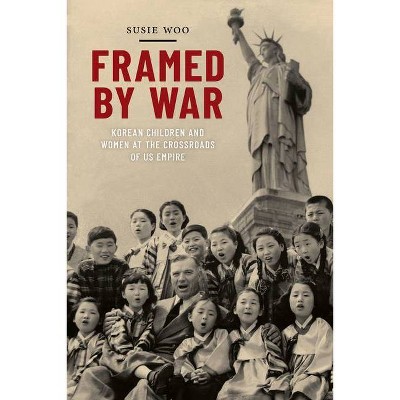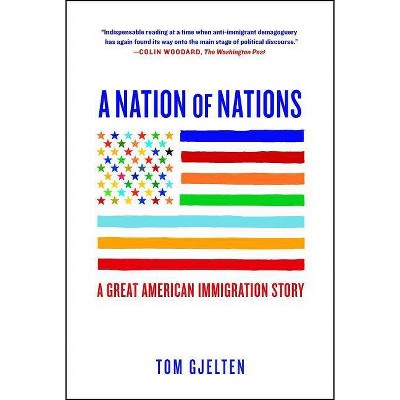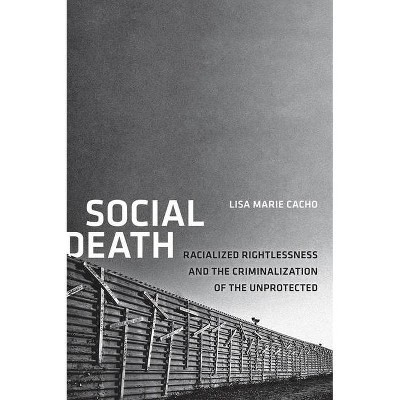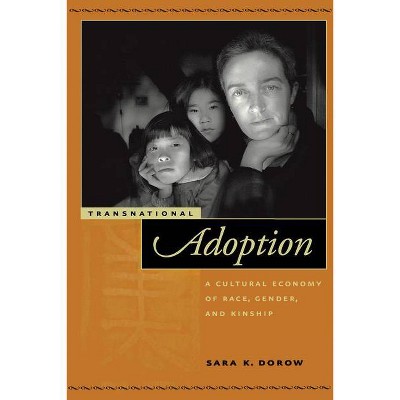Returns of War - (Nation of Nations) by Long T Bui (Paperback)
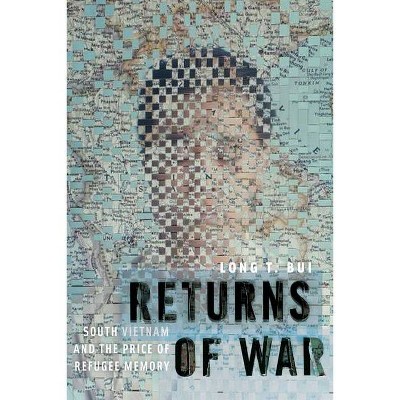
Similar Products
Products of same category from the store
AllProduct info
<p/><br></br><p><b> About the Book </b></p></br></br>"Returns of War" critically examines the Vietnam War and its implications for the lives and memories of Vietnamese refugees in the U.S."--<p/><br></br><p><b> Book Synopsis </b></p></br></br><p><b>The legacy and memory of wartime South Vietnam through the eyes of Vietnamese refugees </b></p> <p/><p>In 1975, South Vietnam fell to communism, marking a stunning conclusion to the Vietnam War. Although this former ally of the United States has vanished from the world map, Long T. Bui maintains that its memory endures for refugees with a strong attachment to this ghost country. Blending ethnography with oral history, archival research, and cultural analysis, Returns of War considers<br>stateless exiles.</p><br><p>Returns of War argues that Vietnamization--as Richard Nixon termed it in 1969--and the end of South Vietnam signals more than an example of flawed American military strategy, but a larger allegory of power, providing cover for U.S. imperial losses while denoting the inability of the (South) Vietnamese and other colonized nations to become independent, modern liberal subjects. Bui argues that the collapse of South Vietnam under Vietnamization complicates the already difficult memory of the Vietnam War, pushing for a critical understanding of South Vietnamese agency beyond their status as the war's ultimate "losers." Examining the lasting impact of Cold War military policy and culture upon the "Vietnamized" afterlife of war, this book weaves questions of national identity, sovereignty, and self-determination to consider the generative possibilities of theorizing South Vietnam as an incomplete, ongoing search for political and personal freedom.</p><p/><br></br><p><b> Review Quotes </b></p></br></br><br>Provocative and ambitious, this book examines the multifaceted and complex ways in which the former Republic of Vietnam (South Vietnam) is remembered (and 'disremembered') in the United States.-- "Journal of American Ethnic History"<br><br>Erudite and edgy, it is just as certain to animate academic seminars on the legacy of wars, won or lost, for the kinds of nation-building ventures that the United States continues to pursue--The Journal of American History<br><br>In an original and important interdisciplinary feat, Long T. Bui reads the & returns of warhistories of violence that do not stand still, but instead impose debt into the present and futureof the U.S. wars in Southeast Asia through the figure of the South Vietnamese refugee. Tracing the impact of Nixons & Vietnamization throughout the period, and its resonance in the histories that follow, Bui re-centers the war away from American foreign policies and onto the refugees who carry war with them, across oceans and generations. In doing so, Bui considers the absent presence of & South Vietnam as a lost country, a failed state, a haunted archive, and an enduring object of intense attachment, with which both the United States and this refugee have yet to reckon.--Mimi Thi Nguyen, author of The Gift of Freedom: War, Debt and Other Refugee Passages<br>
Price History
Price Archive shows prices from various stores, lets you see history and find the cheapest. There is no actual sale on the website. For all support, inquiry and suggestion messages communication@pricearchive.us
